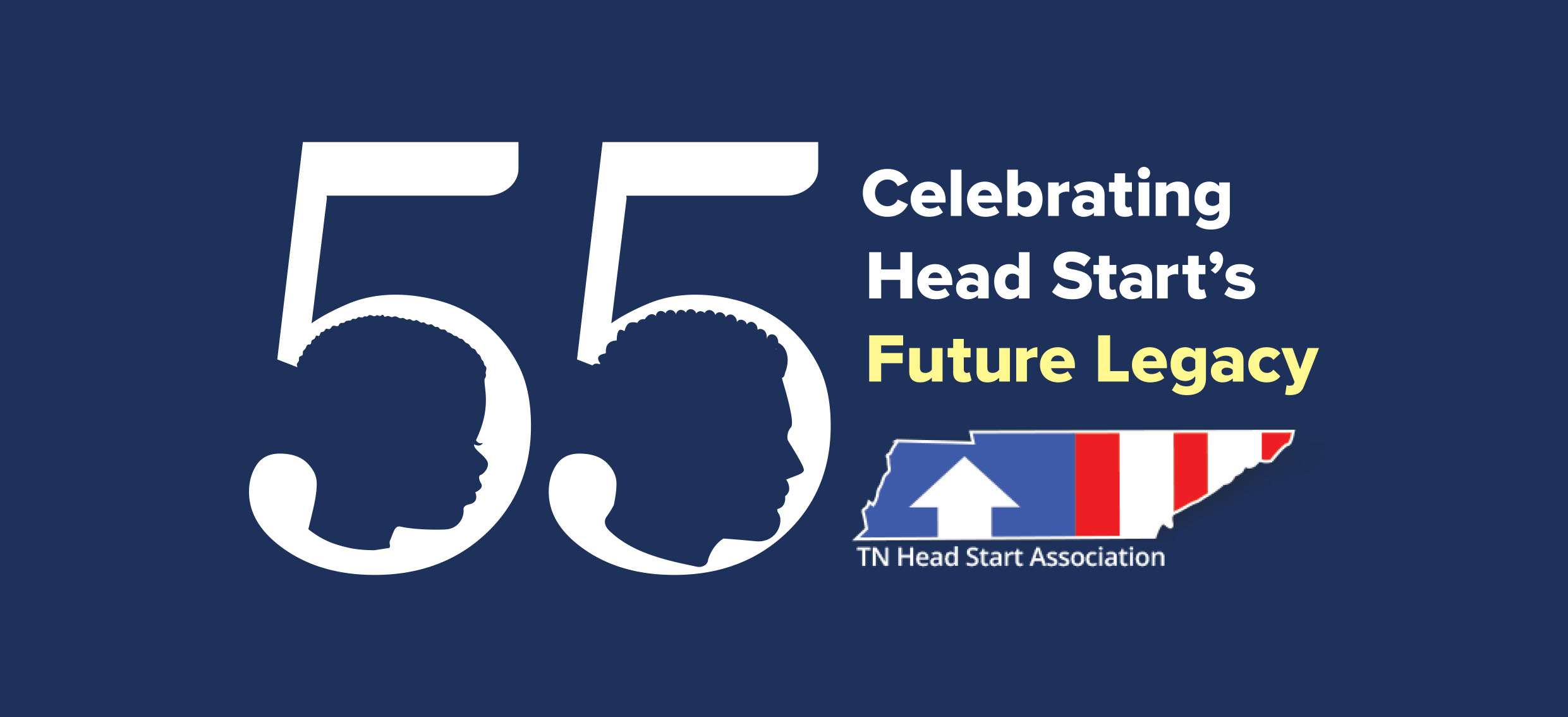TN Head Start
Head Start provides educational, emotional, and social support for high-risk children and their families in nearly every Tennessee county.
What We Do
Tennessee’s Head Start programs serve more than 20,000 children and their families every year with comprehensive education, social and health programs for children, plus programs for family and community development. One or more Head Start classrooms are operated by government, private, faith-based and charitable organizations in nearly every county in the state. In all, Head Start operates almost a thousand classrooms in nearly 350 pre-school centers staffed by loving, well-trained teachers, more than 80% of whom hold a college degree.
EVENTS
PRESENT AT EVENTS
ANNUAL CONFERENCE
ADVOCATE
SERVICE AREA
VENDORS

Congratulations, Head Start, on 55 years of building tomorrow’s future legacies today! I know the impact that Head Start–and all of you–have had on the more than 37 million children and families whose experiences in the program pave the way to a bright future.
Helping at-risk children
Head Start is aimed specifically at high-risk children, typically those from low-income families in which parents are out of a job or are working, single parents. Head Start also targets children in homeless families, children in foster care, as well as children with disabilities.
Tennessee’s Head Start programs serve more than 20,000 children and their families every year with comprehensive education, social and health programs for children, plus programs for family and community development. One or more Head Start classrooms are operated by government, private, faith-based and charitable organizations in nearly every county in the state. In all, Head Start operates almost a thousand classrooms in nearly 350 pre-school centers staffed by loving, well-trained teachers, more than 80% of whom hold a college degree.
Commitment to Quality
The Head Start Performance Standards ensure that young children in all parts of the country receive the same high quality services. The effectiveness of these standards and their implementation by local programs was demonstration conclusively by a federal study that showed head Start:
-
narrows the gap in vocabulary and writing skills between children from low-income families and all other children;
-
improves the social skills of Head Start children; and
-
leads to continued improvements in word knowledge, letter recognition, math skills, and writing skills relative to to other children during the kindergarten year.
The study also found that Head Start classrooms continue to be of high quality; that most Head Start teachers have good teaching qualifications; and that the observed quality of classrooms is positively related to child outcomes. That is, better classrooms produce children who do better.
The Foundational Model
Head Start — now in its 50th year of serving the neediest of America’s children — has been the model for the nation of what early childhood education should be. Head Start is built upon the understanding that the development of young children is deeply influenced by the family, by their community, by their health — as well as the educational experiences to which they are exposed. The 1975 Head Start Program performance Standards defined high quality services in early childhood education, parent involvement, social services, and health. These stands and their updates have been the foundation of Head Start, and they have served as a model for state and local early childhood initiatives, including the state of Tennessee’s pre-K program.
This knowledge of the foundations of early childhood development is based on research on the long-term benefits from similar comprehensive programs in the past, including (but not limited to) High Scope, the Abecedarian Project, and the Chicago Parent Study. Over the last 50 years, the original Performance Standards have been strengthened to incorporate new research and higher expectations of program performance and management.
Parent Responsibility
Head Start is built upon the understanding that child and family development takes place in a community, and that effective programs build upon and link families with community resources. For this reason, Head Start is designed to link with schools, social service agencies, health services, childcare services — but especially with parents. Parent involvement is part of the comprehensive Head Start approach that makes Head Start parents true partners in the education of their children. Head Start Policy Councils are at least 51% parents, and the shared government structure with Boards requires that parents are not viewed as merely “advisory” councils or “parent-teacher” organizations. If conflicts occur, impasse resolution procedures settle the issues. Head Start directors, recognizing that Policy Councils are vital to a program’s continuing success, sit down with parents to learn their concerns and address their priorities.
Federal studies show that:
-
parents of Head Start children report extremely high levels of satisfaction with Head Start, consistent with findings of the American Customer Satisfaction Index in which Head Start parents gave the program the highest rating of any government program;
-
parents report increases in educational attainment and employment during their time in Head Star, and also report a decline in the number receiving welfare assistance.
Be an advocate
